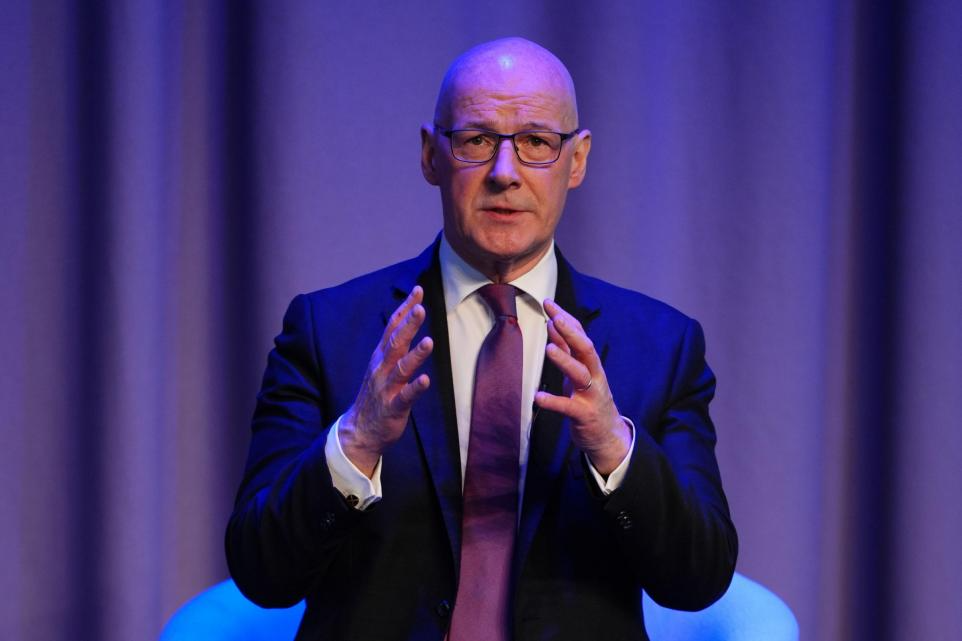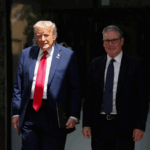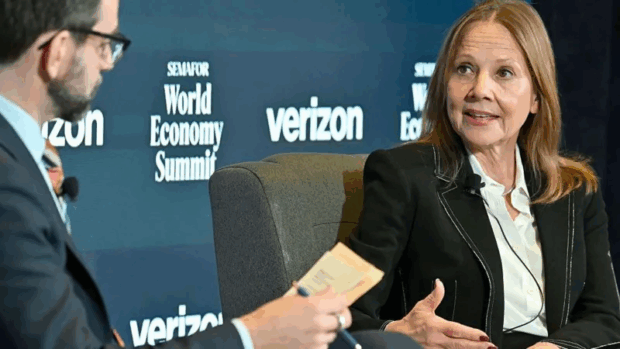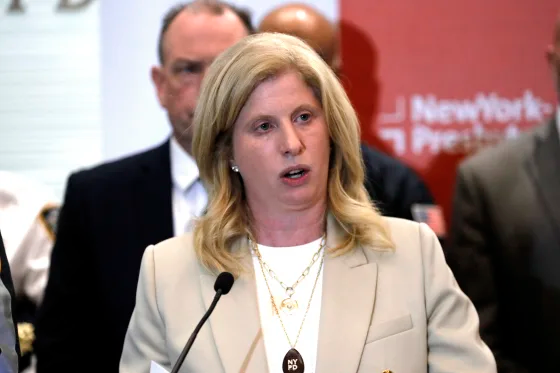
Scottish First Minister John Swinney has urged the UK government to push for diplomatic solutions following overnight US military strikes on Iran’s nuclear facilities, as officials implement contingency plans amid fears of regional retaliation.
Swinney described the situation as reaching “an alarmingly greater level of danger” and called for international diplomatic intervention to halt the escalating Middle East conflict.
The comments came after Prime Minister Sir Keir Starmer acknowledged Iran’s nuclear program as a “grave threat to international security” while urging Iran to return to negotiations. Starmer stated that Iran “can never be allowed to develop a nuclear weapon” and noted the US had “taken action to alleviate that threat.”
US President Donald Trump reported that three key Iranian nuclear sites were “completely and fully obliterated” in the military operation. The strikes reportedly involved B-2 stealth bombers delivering bunker-busting munitions to deeply-buried facilities including Fordo, along with 30 Tomahawk cruise missiles launched from submarines. The US-UK base at Diego Garcia was not utilized in the operation.
UK Trade Policy Minister Douglas Alexander confirmed the government “has been putting contingencies in place” as the region prepares for potential Iranian retaliation. Alexander, speaking on BBC’s Sunday Show, assured viewers that British officials have been attending Cobra emergency meetings throughout the week and developing plans to evacuate UK nationals from affected countries if necessary.
“I understand that people have woken up this morning to the news that was breaking overnight with a real sense of concern,” Alexander said, emphasizing that the UK “took no part in this military action.”
Political reactions within the UK varied significantly. Writing on social media platform X, Swinney stated: “The Middle East conflict has reached an alarmingly greater level of danger after the US attacks on Iran. The conflict must be stopped by a diplomatic solution delivered through the international community. And the UK Government must insist on that now.”
Former Scottish First Minister Humza Yousaf criticized Starmer’s response as inadequate, posting: “An awful statement from the PM, which ignores our collective responsibility to uphold international law. Supporting illegal military action in Iran, and gas-lighting us about an imminent nuclear threat, is hauntingly reminiscent of the lies told in the run up to the Iraq war.”
Yousaf had earlier participated in a London protest march where he accused the UK government of “abusing” anti-terror laws against Palestine Action group members who vandalized aircraft at RAF Brize Norton.
Starmer emphasized that the regional situation remains “volatile” while maintaining that diplomatic engagement represents the appropriate path forward. The Prime Minister’s position reflected attempts to balance acknowledgment of security threats with calls for peaceful resolution.
Alexander, who serves as MP for Lothian East and previously held the international development portfolio, indicated that government preparations extend beyond immediate contingency planning to comprehensive regional security assessments.
The developments highlight growing tensions within UK political circles regarding appropriate responses to Middle Eastern conflicts, with Scottish leadership particularly vocal about prioritizing diplomatic channels over military support.

















Be the first to leave a comment